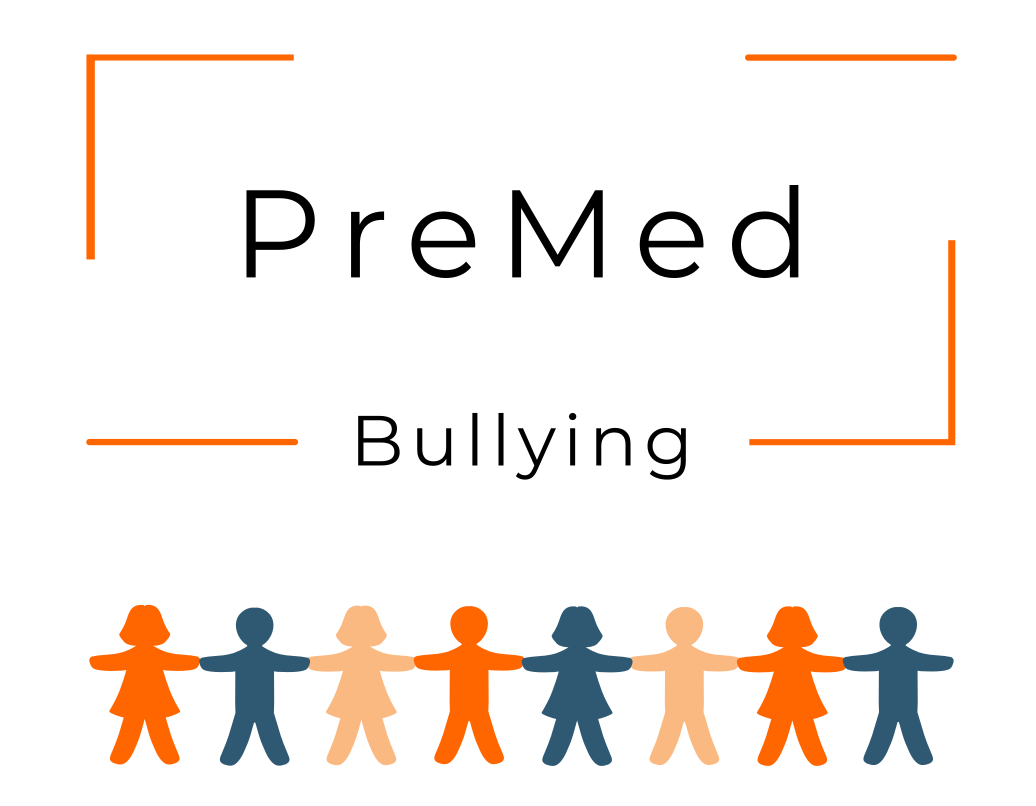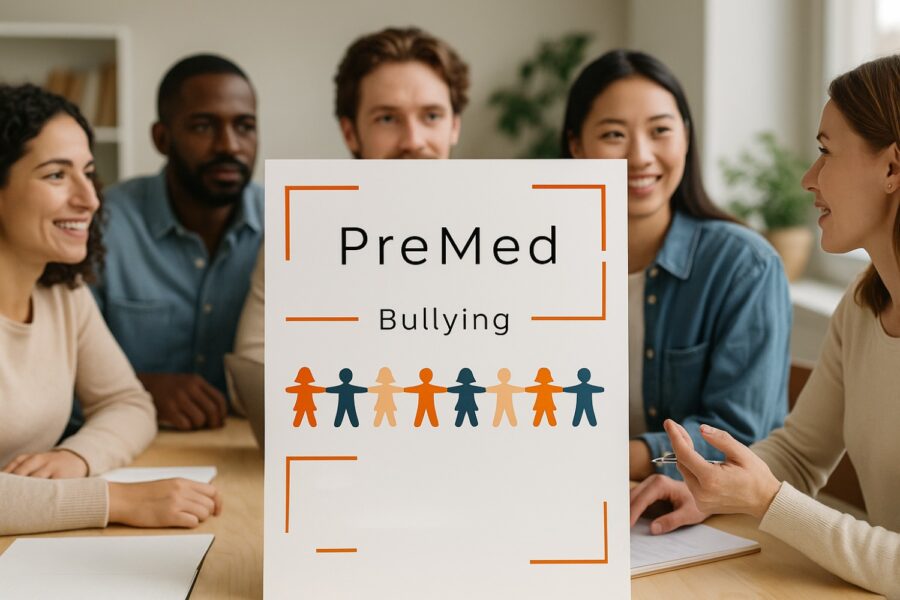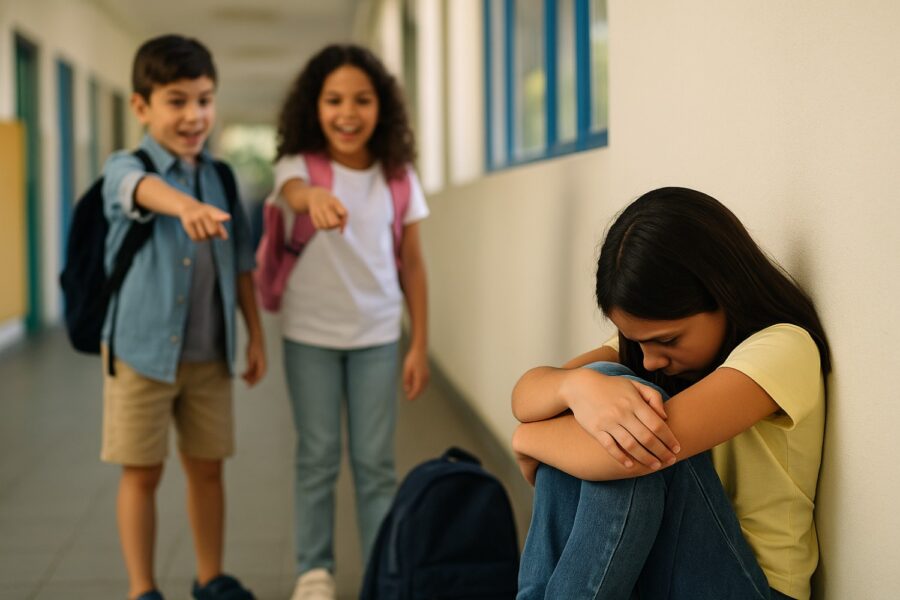PreMed Bullying fosters a safe primary school culture where bullying and cyberbullying have no place. We engage teachers, psychologists, social workers, pupils, and parents to co-create inclusive policies and strategies, and to strengthen life skills that build resilience. Our Mediterranean focus brings culturally relevant solutions to shared regional challenges.
PreMedBullying
Our Partners
The PreMed project brings together partners from Greece, Spain, Croatia, Italy and Portugal. Within its work packages Universities, NGOs and a social cooperative work side-by-side to co-design methodologies, pilot them in a school environment, analyze the results, and exchange practical tools across the entire Mediterranean region.
Objectives
Create safe, inclusive primary schools, prevent and address bullying and cyberbullying, and strengthen life skills for pupils. Use a whole school approach that trains educators, involves parents, and co creates clear policies and classroom resources. Build online communities for support, collect evidence, and turn good practice into scalable results.
Project Summary
What do we want to achieve by implementing the project?
The objective of the project is to create a safe school environment and culture enhancing life-skills where phenomena of school aggression, bullying and hostility will not have place. The project goals include a ‘whole-school approach’ placing emphasis on developing a coherent and positive school community and culture where all interested parties, teachers, psychologists, social workers, pupils and parents can co-creating policies and strategies that promote inclusion and fight bullying.
What activities are we going to implement?
The project activities include:
- Action Research and Focus Groups for Policy and Strategy Development at the school setting;
- Online & F2F Teacher’s and pupils’ Training programme on Anti- bullying, Cyberbullying and LifeSkills development;
- Parent’s Guide and Sharing Communities;
- Application and evaluation of Anti-bullying and Life Skills training in the primary school setting; and
- Dissemination of the results.
What project results and other outcomes do we expect your project to have?
The project results and outcomes include the development of a safe primary school environment and culture where emphasis is placed on Life Skills development as a way of preventing and coping with bullying and cyberbullying phenomena.
More specifically, the results and outcomes include:
- a) production of methodology for creating safe primary school environments;
- b) online and F2F training curricula on Life Skills development; and
- c) teachers, parents and pupils’ online guides and interactive stories.
• Bottom-up, human-centred methodology grounded in PAR.
• Whole-school engagement: teachers, allied professionals, parents, and pupils co-create decisions and practice.
• Early intervention at ages 10–12, during transition to adolescence.
• Culturally relevant Mediterranean lens; accessibility and inclusion by design; green and digital operations.
We invite you to participate!
Your contribution is valuable and takes about 5–7 minutes.
Responses remain anonymous/confidential and are analysed in aggregate.
Οι απαντήσεις παραμένουν ανώνυμες/εμπιστευτικές και αναλύονται συνολικά.



